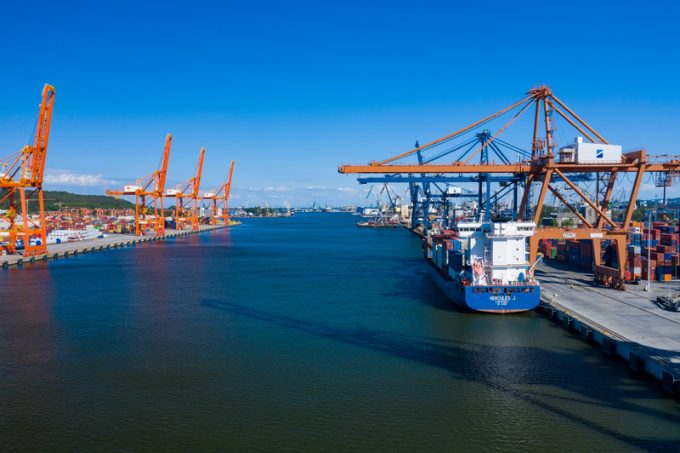EU shippers fear for business as their boxes stack up in Russia
While trade sanctions against Russia following its invasion of Ukraine in 2022 have been well-documented, ...

Russia’s invasion of Ukraine has impeded the logistics sector’s recovery from the pandemic – but without the lessons learned from Covid, the war could have generated a regional collapse.
Adam Komorowski, MD of Poland-based EAS International, said the 2020 lockdowns essentially provided supply chains a level of immunisation from external shocks, which he described as “a pandemic-induced vaccine”.
He told The Loadstar: “This ’vaccine’ taught us how to swiftly identify and switch to alternative regions to serve as new sourcing locations for our ...
Outlook for container shipping 'more uncertain now than at the onset of Covid'
Transpac container service closures mount
Shippers warned: don't under-value US exports to avoid tariffs – 'CBP will catch you'
Cancelled voyages take the sting out of spot rate declines this week
New Houthi warning to shipping as rebel group targets specific companies
Blanked sailings in response to falling demand 'just a stop-gap solution'
K+N CEO unveils impact of US import tariffs on China-origin goods
CMA CGM to reflag box ship as the French carrier eyes growing Indian market
UK pauses tariffs on 'everyday' items
Boeing looks to resell up to 50 aircraft rejected by Chinese buyers
'Strong start' to 2025, despite market uncertainty, says Kuehne + Nagel
US Customs chaos means 'more downside risk than upside potential' for air cargo
More pressure on transpacific rates as carriers bet on a China-US trade deal
Taiwan ministries act to mitigate effect of trade war on agriculture exports
Wan Hai joins box shipping 'arms race', but avoids Chinese yards for newbuilds

Comment on this article